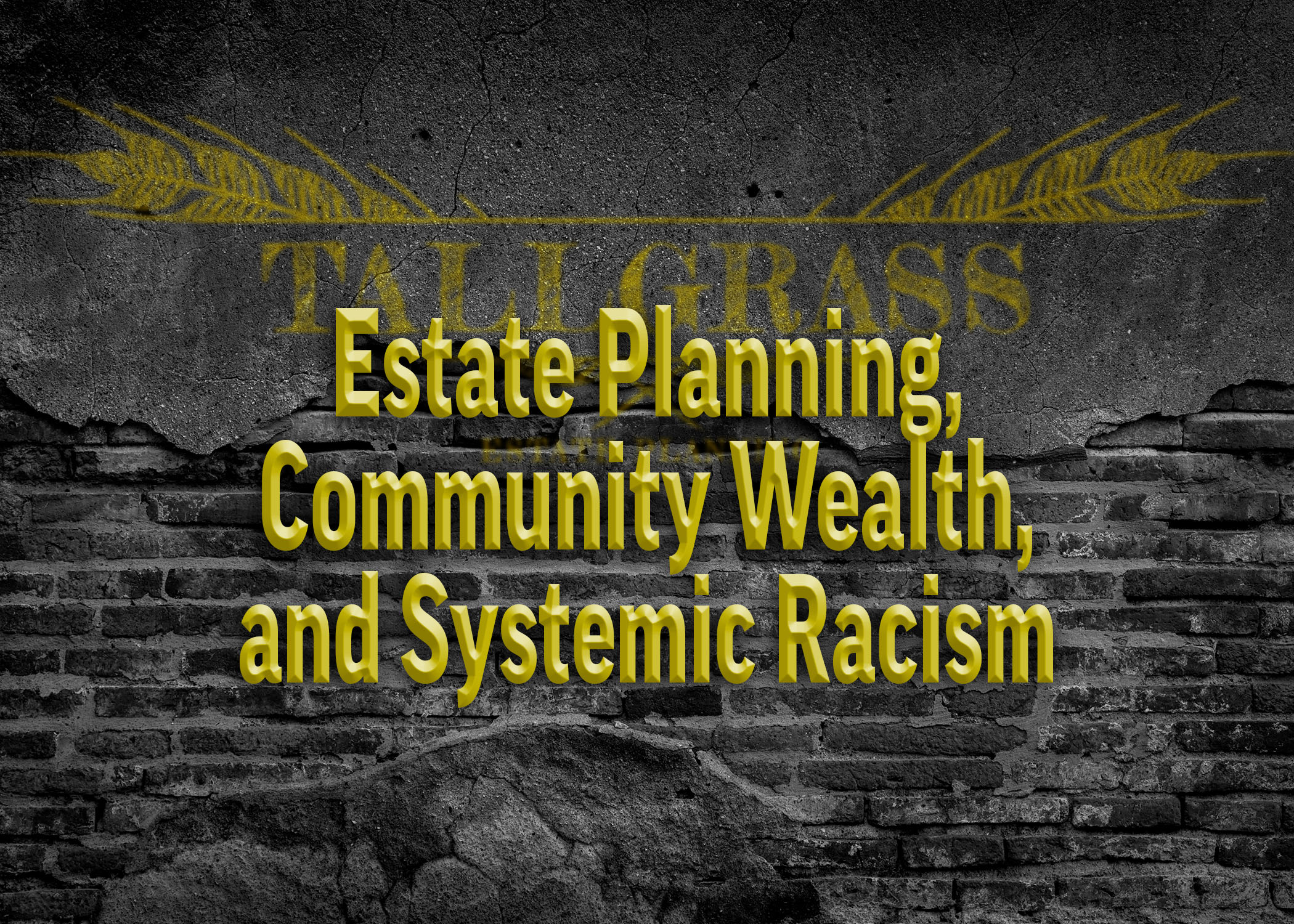
Most of the couples we work with share a concern that is often overlooked in estate planning. What happens when one spouse dies before the other? How can we be sure that the deceased spouse's assets remain available only for the surviving spouse and children?
There are a few things that can happen when one spouse dies that expose the assets to serious loss:
1) New Relationship
2) Creditors
3) Major Healthcare Costs
These are not unlikely eventualities. They are to be expected. If you have a properly drafted trust, you can protect against the ways they may potentially undermine your priorities for how your assets transfer to your loved ones.
Probably the most common fear people have is that a future remarriage will be a threat to how your assets are intended to benefit your loved ones. And this is a reasonable fear. Not because new spouses are gold-diggers or thieves or greedy. Most of the time, it's completely unintentional.
Often, when people get remarried after losing a spouse, they do not create a prenuptial agreement and they comingle their assets. This creates some serious risks. For instance, if the new marriage ends in divorce, there goes much of what you intended to be for your spouse and children. If, however, the marriage is strong and your surviving spouse dies before the new spouse, then all of the assets become the property of the new spouse. What is the likelihood that this new spouse included your children in their estate plan? It's not zero, but it's close.
It's not difficult to protect assets from a future remarriage, but it must be done intentionally and explicitly.
Here's the stuff we always put at the end: If you want to know more, we would love to talk with you. Best part, the conversation about how it could benefit you doesn't cost anything. Call us at (918) 770-8940, send an email to firm@tallgrassestateplanning.com, or click HERE to schedule a free consultation with a Tallgrass attorney.
Disclaimer: Reading this blog post does not create an attorney-client relationship, and it is not formal legal advice. This is for information purposes only. It is always best to speak with an attorney about your questions, assets, concerns, and needs.

















